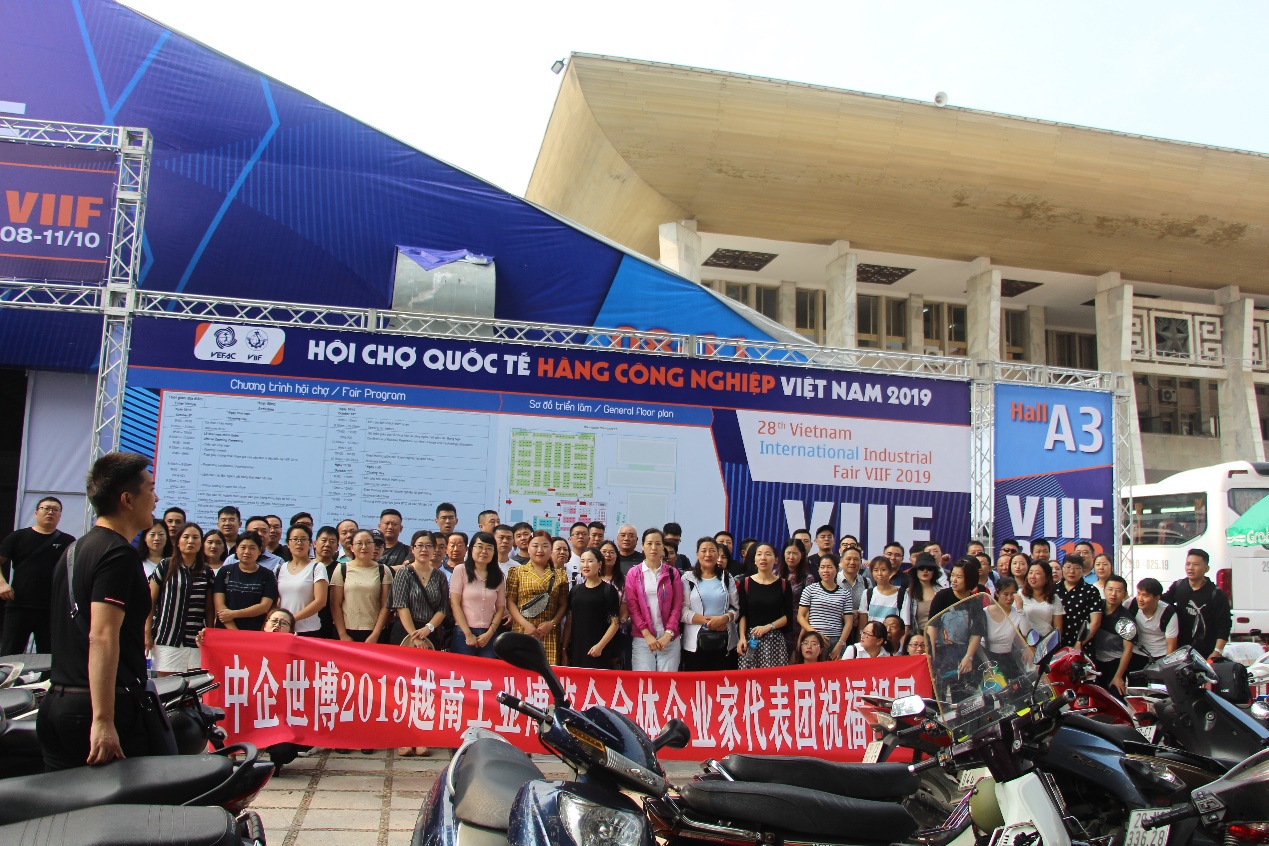OEM Steam Boiler Solutions for Efficient MDF Manufacturing Line Operations and Enhanced Production Quality
The Role of OEM Boilers in MDF Production Lines
In the world of furniture manufacturing and construction materials, Medium Density Fiberboard (MDF) has become a preferred choice due to its versatility, durability, and cost-effectiveness. To produce high-quality MDF, manufacturers rely heavily on various machinery, with OEM (Original Equipment Manufacturer) boilers playing a crucial role in the production line. Understanding the importance of these boilers can provide insight into the efficiency and effectiveness of MDF manufacturing processes.
What are OEM Boilers?
OEM boilers are specialized steam generators designed to meet specific needs within industrial applications. They are often engineered to comply with the unique requirements of different production lines, including those in MDF manufacturing. The primary function of these boilers is to supply steam, which is essential for various processes such as wood fiber treatment, drying, and laminating in MDF production.
Importance of Steam in MDF Production
Steam is used in the MDF production process primarily for two purposes fiber preparation and board formation. The wood chips or fibers need to be treated with steam to soften the lignin and make them easier to form into boards. Once the fibers are treated, they are blended with adhesives, and the steam helps activate the adhesives, ensuring a strong bond.
In the drying phase, steam can also be used to reduce moisture content in the boards, which is critical for achieving optimal quality and preventing warping or splitting. The efficiency of these processes is highly dependent on the performance of the OEM boiler.
Advantages of Using OEM Boilers
oem boiler for mdf production line

1. Customization One of the main advantages of OEM boilers is their ability to be customized to fit specific production line requirements. Manufacturers can specify the capacity, pressure, and heating efficiency needed for their MDF production, ensuring optimal operation.
2. Energy Efficiency OEM boilers are designed with energy efficiency in mind. By utilizing advanced technologies and design principles, these boilers can reduce fuel consumption and operational costs, which is a significant concern for manufacturers looking to maintain profitability.
3. Reliability The reliability of the boiler systems is paramount in continuous production environments. OEM boilers are built to high standards, ensuring minimal downtime due to mechanical issues or performance failures.
4. Environmental Compliance As environmental regulations become increasingly stringent, OEM boilers can be designed to meet emission standards, helping manufacturers contribute to sustainability efforts while avoiding potential fines.
5. Technical Support Manufacturers that partner with OEM suppliers often receive comprehensive technical support, including installation, maintenance, and repair services. This support is crucial in maintaining the boiler's performance and longevity.
Conclusion
In summary, OEM boilers are essential components in the MDF production line. They provide the necessary steam for fiber treatment and drying processes, significantly impacting the quality and efficiency of the final product. The benefits of using OEM boilers, such as customization, energy efficiency, reliability, environmental compliance, and technical support, make them a smart investment for MDF manufacturers. As the demand for MDF continues to grow, so too does the importance of optimizing production processes with high-quality, efficient equipment. Thus, understanding the role of OEM boilers in this industry is crucial for manufacturers aiming to enhance their operational efficiency and product quality.
-
Electric Steam Boiler Manufacturers: Efficient Industrial SolutionsNewsAug.21,2025
-
Efficient Waste Heat Boilers: Energy Recovery SolutionsNewsAug.19,2025
-
Industrial Thermal Oil Boilers | Efficient & Reliable HeatingNewsAug.18,2025
-
Electric Steam Boiler Manufacturers: Efficient & Reliable SolutionsNewsAug.17,2025
-
Electric Steam Boiler Manufacturers: Efficient Industrial SolutionsNewsAug.15,2025
-
Leading Electric Steam Boiler Manufacturers for IndustryNewsAug.14,2025

